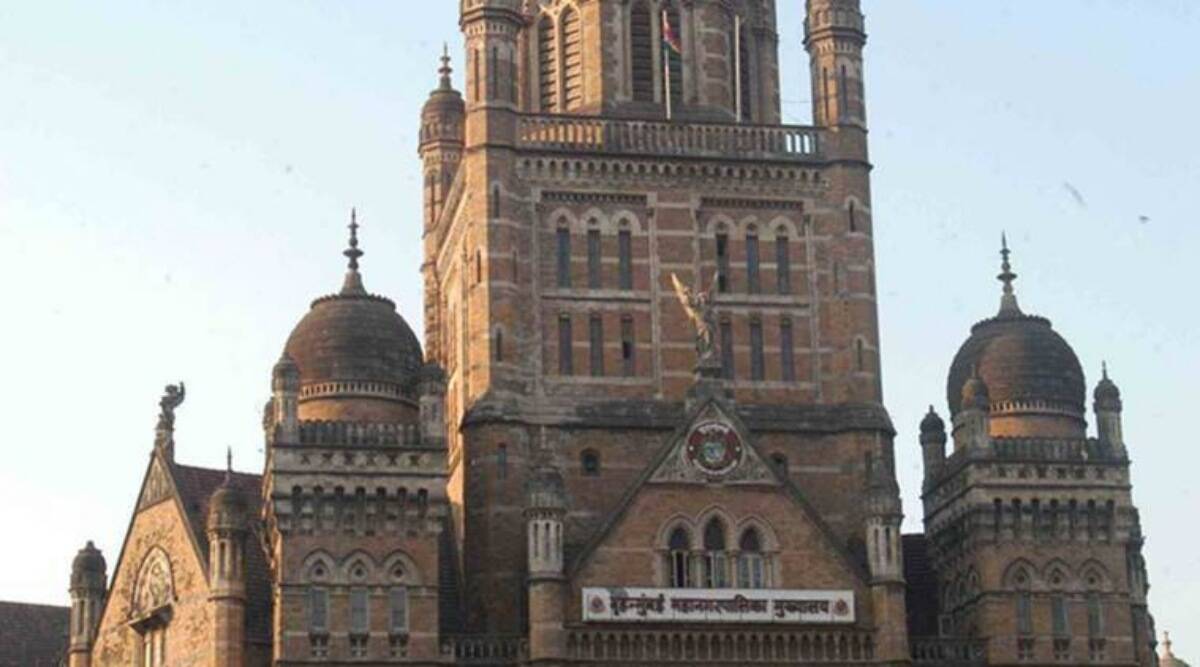 Data showed that this year, the civic body has filled over 12,200 potholes using 1,258 metric tonnes of cold mix, which is produced at the BMC’s asphalt plant in Worli. (Express file photo)
Data showed that this year, the civic body has filled over 12,200 potholes using 1,258 metric tonnes of cold mix, which is produced at the BMC’s asphalt plant in Worli. (Express file photo)As intense heavy rainfall subsided in Mumbai, the Brihanmumbai Municipal Corporation (BMC) rushed to fill potholes on the roads, including the arterial linking road, for which it has been facing flak.
BMC used ‘cold mix’ technology to fill potholes on asphalt roads. However, the method cannot be used during heavy rainfall as it wears or washes off within hours. It is known as a ‘cold mix’ because it does not need heat for the application process, unlike hot asphalt.
Every year, the civic body uses 11,000 metric tonnes of pothole mix on average during the monsoon. Data showed that this year, the civic body has filled over 12,200 potholes using 1,258 metric tonnes of cold mix, which is produced at the BMC’s asphalt plant in Worli.
Officials from the Roads and Traffic department said after potholes are repaired using cold mix material, it requires at least 12 hours to stabilise (should be a dry spell) and traffic should be stopped.
Subscriber Only Stories
As a temporary arrangement, the corporation uses paver blocks to fill potholes during heavy rainfall. BMC has been using cold mix material to fill potholes since 2018-19, with corporators questioning its success.
On Sunday, Additional Municipal Commissioner P Velrasu, in charge of the civic roads department, inspected various roads in the western suburbs — Andheri, Juhu, Malad, Kandivali, and Borivali along with a team of civic officers to inspect the pothole filling work.
Velrasu directed officials to check alternate mechanisms to fill potholes. He directed Deputy Municipal Commissioner Ulhas Mahale, in charge of infrastructure, to submit engineering solutions for potholes during monsoon. He also asked engineers to look into the feasibility of using pre-cast concrete plates and steel plates to fix potholes in the city.
- The Indian Express website has been rated GREEN for its credibility and trustworthiness by Newsguard, a global service that rates news sources for their journalistic standards.

